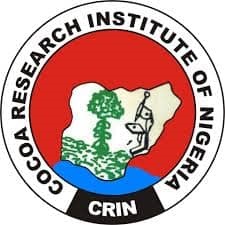In his keynote address at the 39th Annual Conference of HORTSON, Prof. A.O. Fatunbi of the Forum for Agric. Research in Africa (FARA), opined that food insecurity is a major global problem with multidimensional causes and effects. Global statistics on food insecurity indicated that about 690 million people at the global level do not have sufficient food, and about 95% of these individuals reside in the developing countries of the world, mainly in Africa and Asia. The state of hunger in Africa is a precursor of many other health and social problems; civil disturbances, violent crime, dangerous migration, and other social vices, directly and indirectly, link hunger and food insecurity. Prof. Fatunbi defined food security “as a situation when all people, always, have physical, social, and economic access to sufficient, safe, and nutritious food that meets their dietary needs and food preferences for active and healthy life.” He brought out four interrelated elements in this definition which includes: availability, access, utilization, and stability; each of the elements is a composite of issues. While availability refers to the physical presence of food for consumption, it encapsulates the issues of quantity, quality, diversity of food. It also covers the primary issues of maintaining a productive farming system and management of natural resources. Access refers to the ability of users to obtain food physically; it covers the issues of market access for producers and consumers, the cost of production, and retailers’ price for food items; in other definitions, this is referred to as affordability.
Utilization covers the issues of diversity and nutrient quality in the right proportion to meet the body’s needs for a healthy life. Implicit in this is also the base issues of processing, packaging, and storage to retain quality. Stability covers the need always to have a regular supply of food, irrespective of the seasonal variation in production. The need to ensure constant supply to prevent the forces of demand and supply from shooting up the consumer’s price. Prof. Fatunbi further explained that the notion of nutritional security was added to food security issues. He, therefore, referred nutritional security to “access to food with adequate quantity and number of nutrient elements in a balanced form to meet the need of the body for a healthy life.” The world committee on food security thus gave a broader definition of food and nutritional security as a state “when all people, at all times, have physical, social and economic access to food which is safe and consumed in sufficient quantity and quality to meet their dietary needs and food preferences, and is supported by an environment of adequate sanitation, health services and care, allowing for a healthy and active life”. Prof. Fatunbi opined that the need to foster the availability, accessibility, and affordability of nutrient-dense food is vital to resolving Nigeria’s food and nutritional security. The bulk of these food commodities falls under the horticultural crop category, and they are produced and marketed by smallholders in negligible quantity. Prof. Fatunbi suggested a functional production system for horticultural commodities using the agricultural innovation systems approach that could significantly enhance food and nutritional security in Nigeria. Policy action to trigger the desired change will include investment in research, advocacy, and awareness creation around the consumption of underutilized indigenous commodities.


